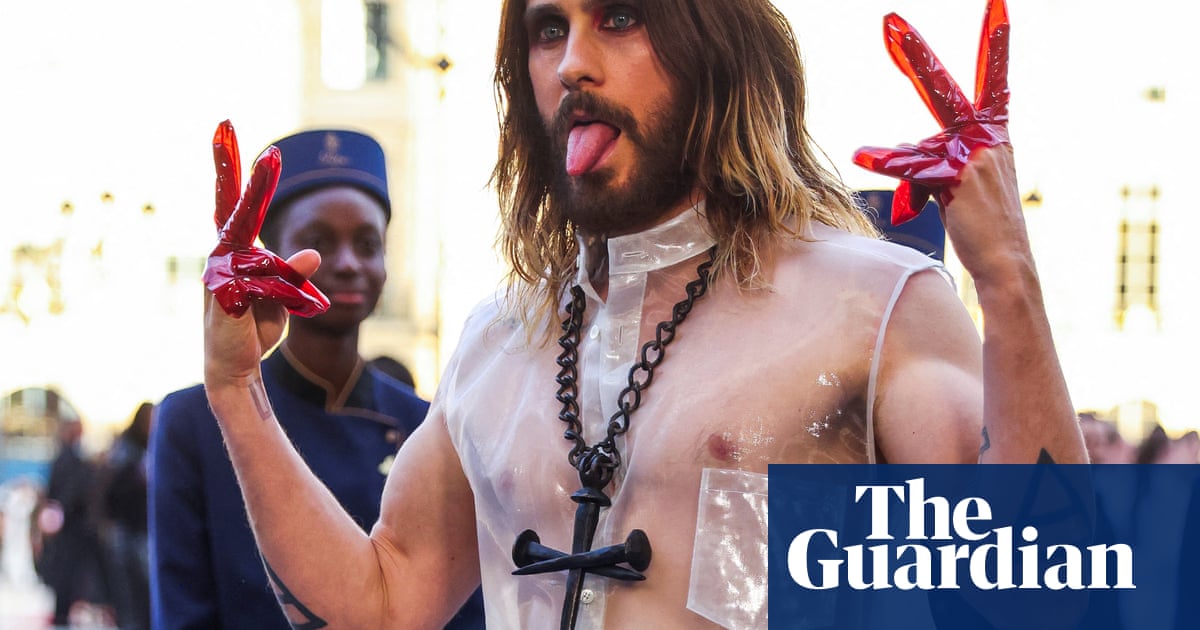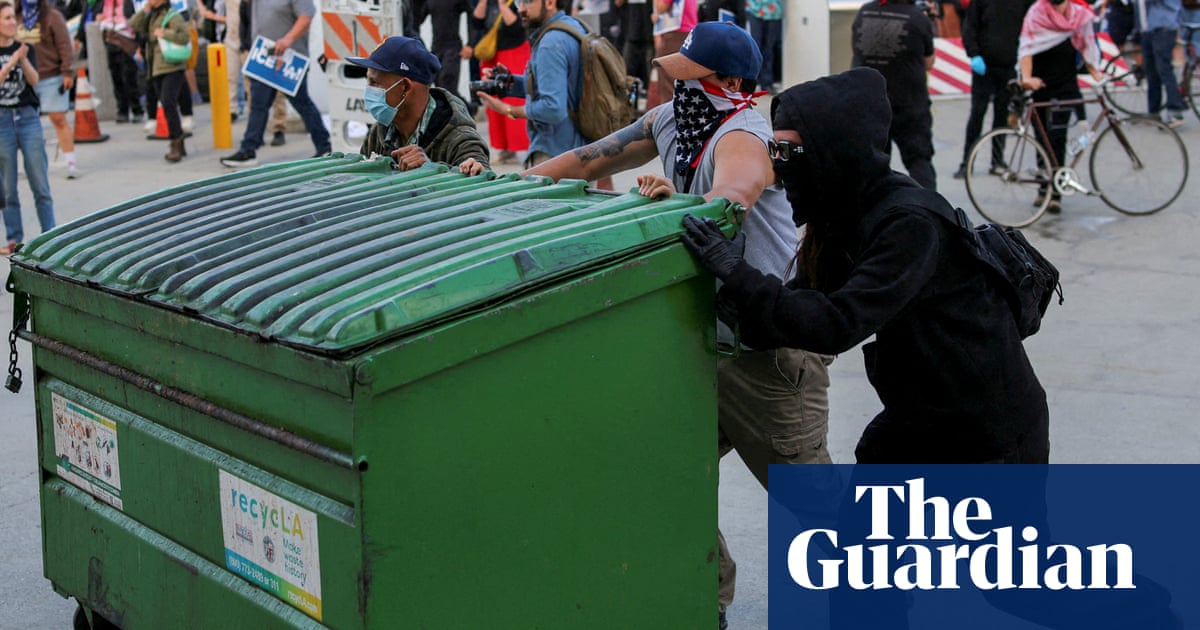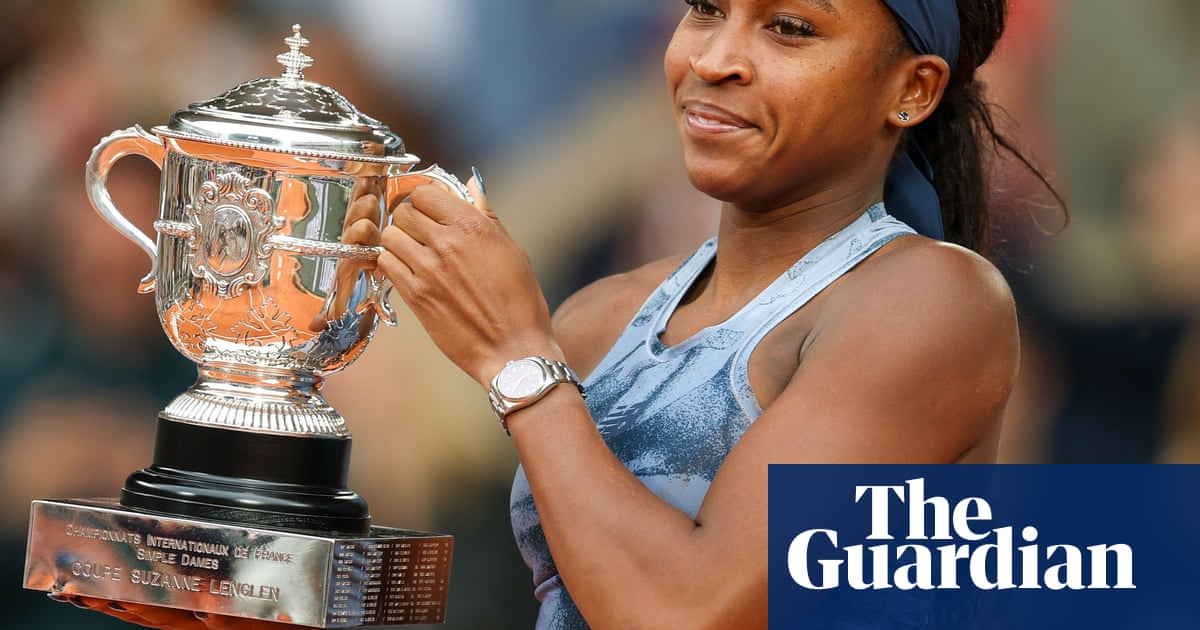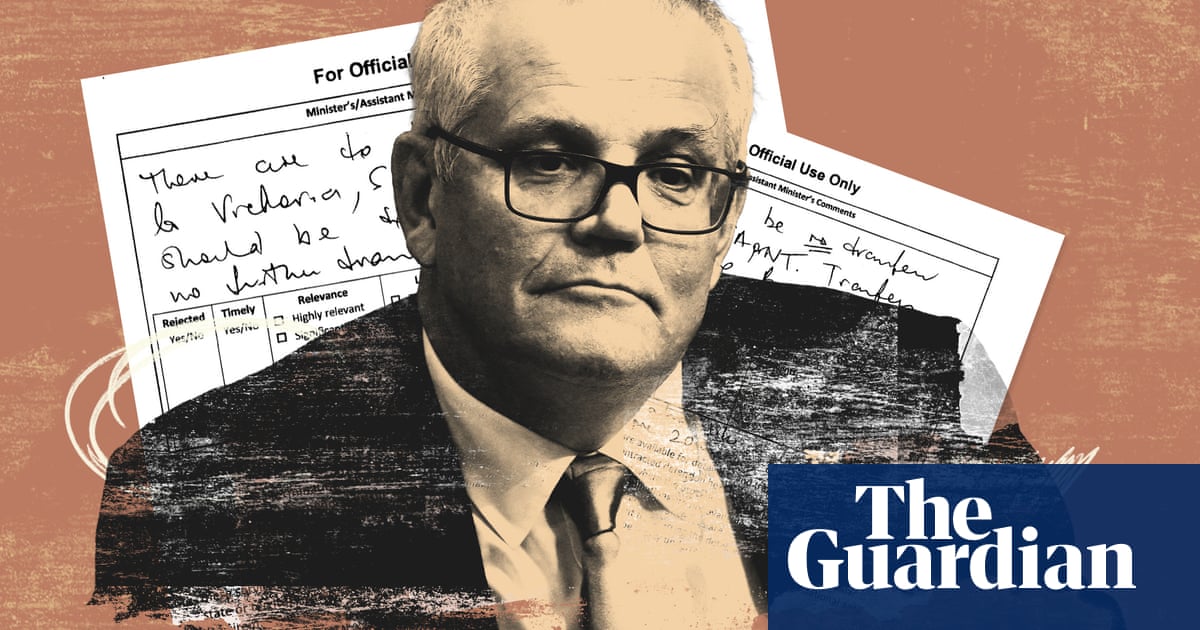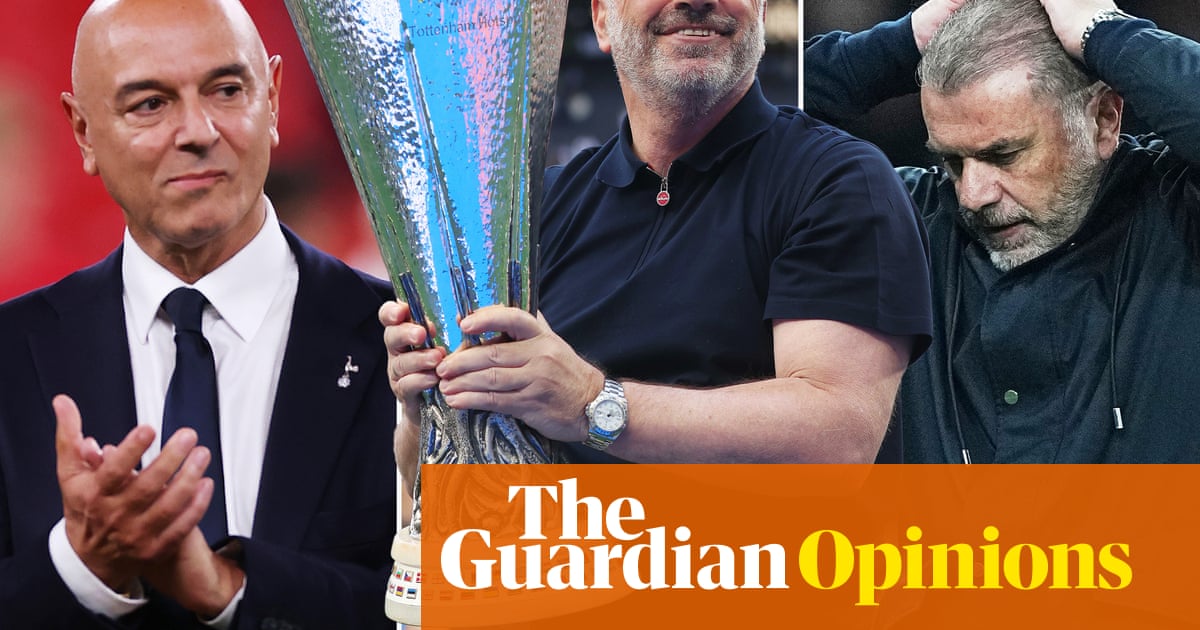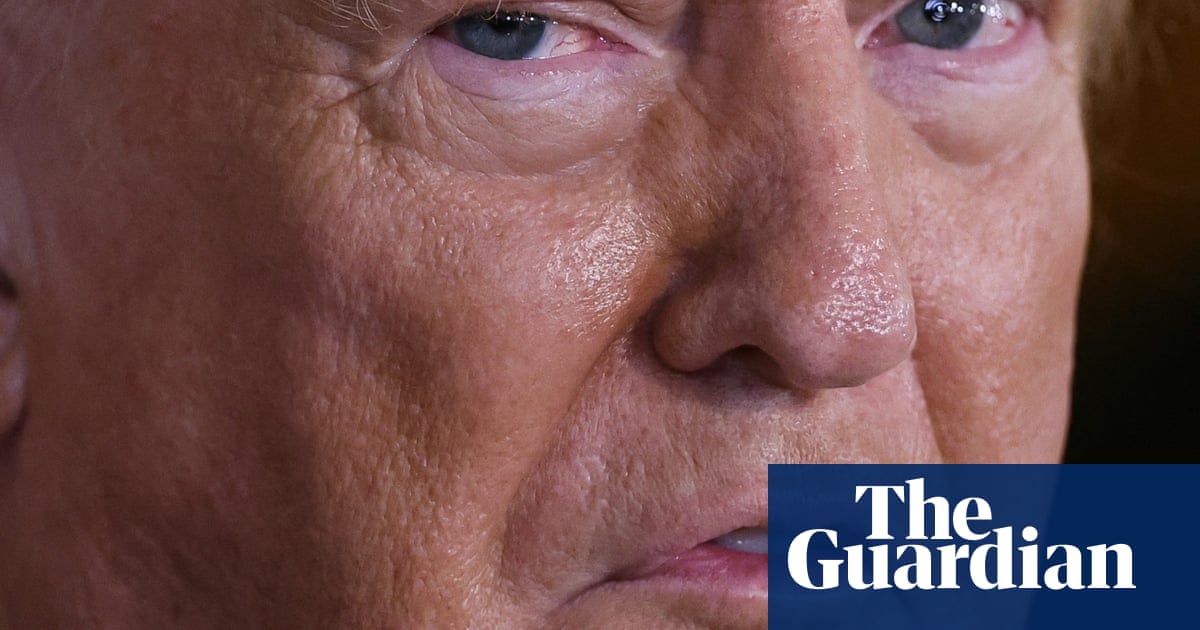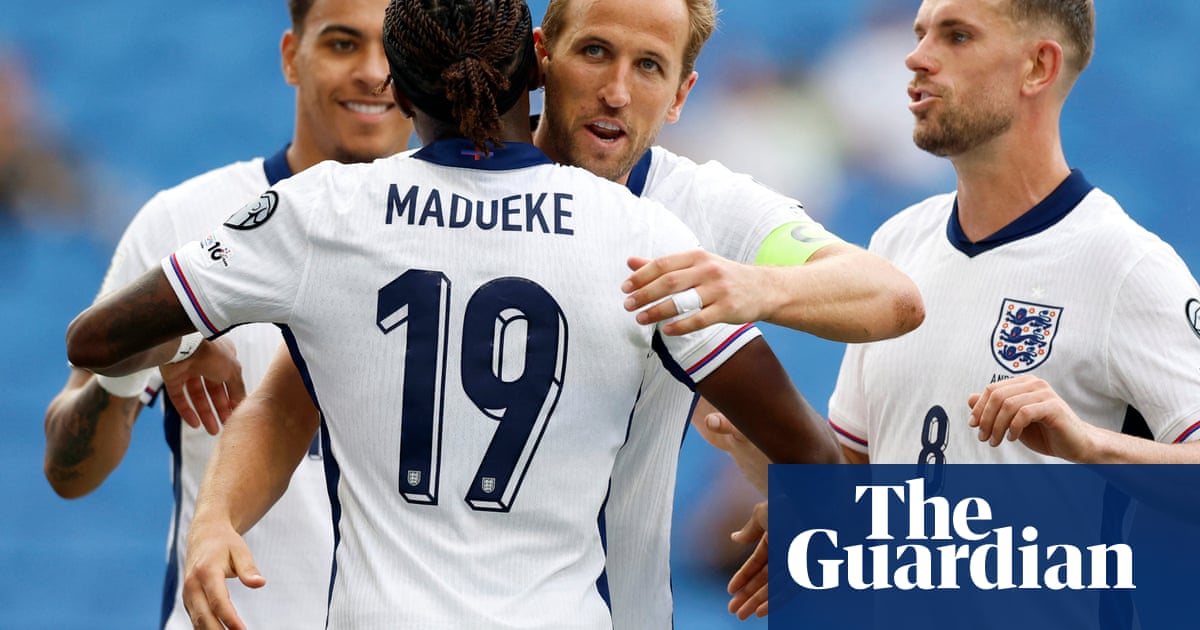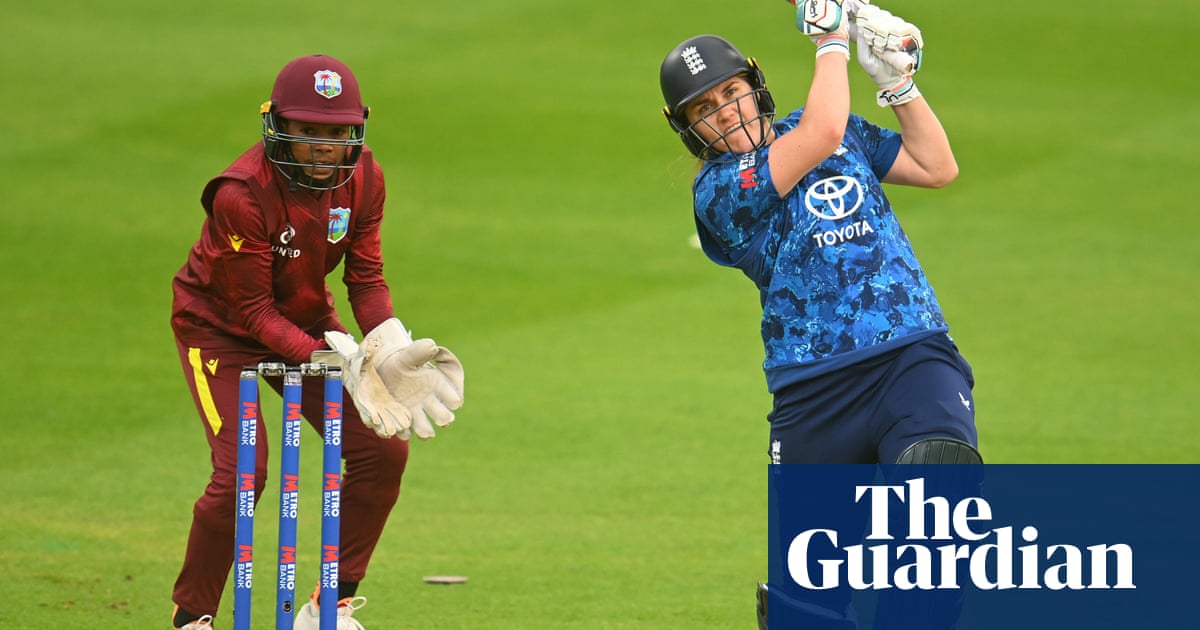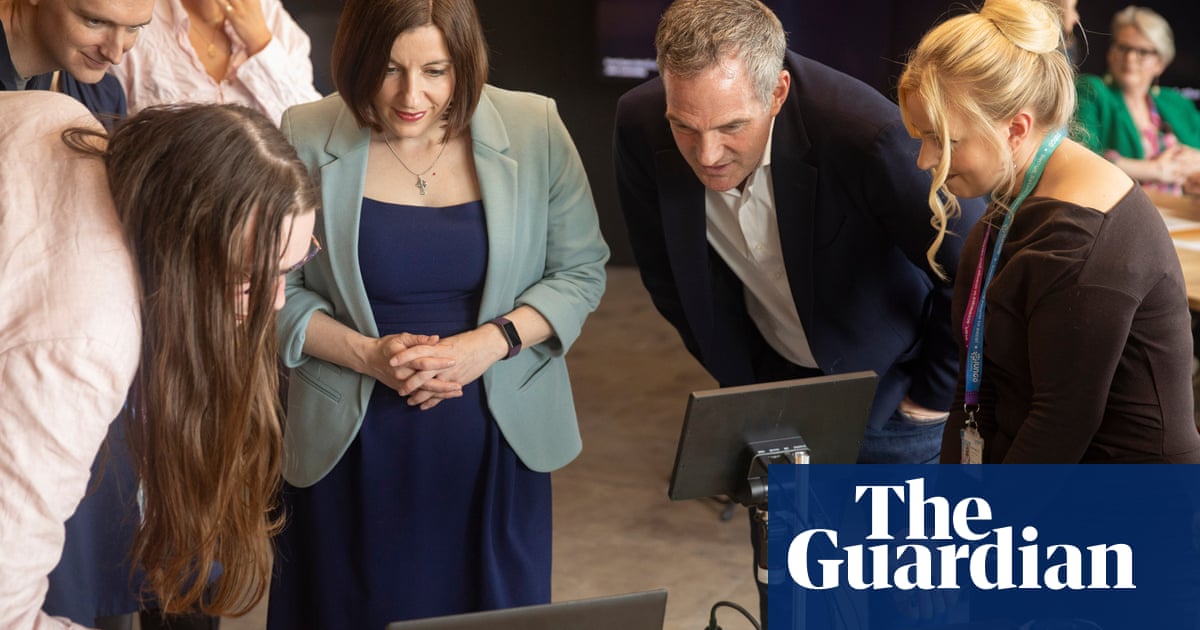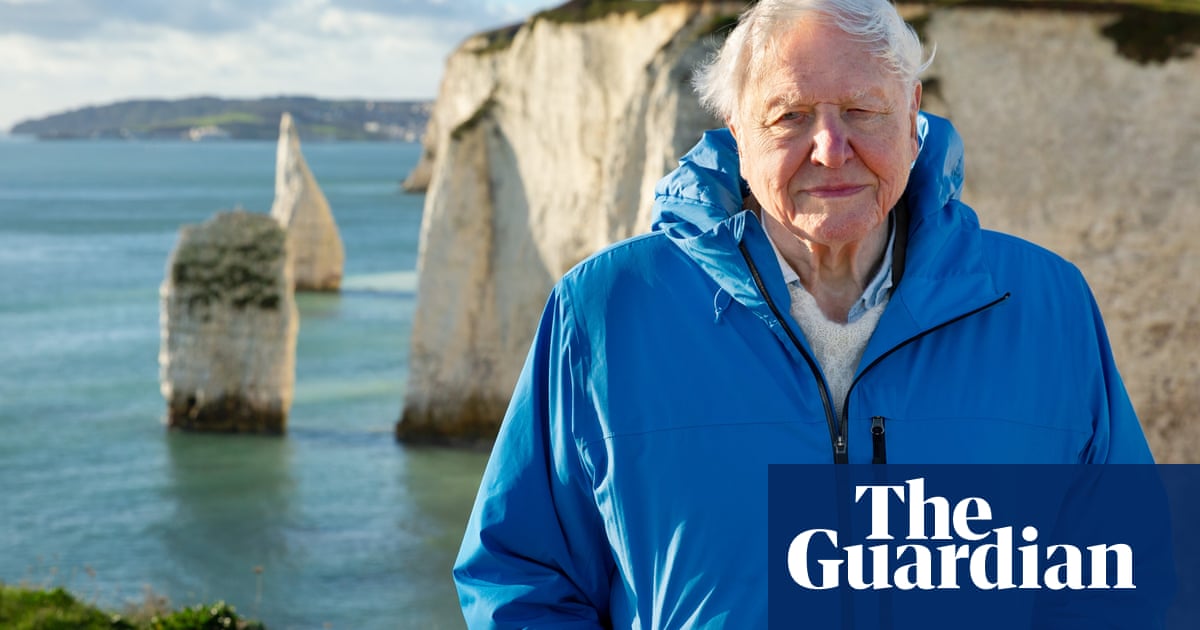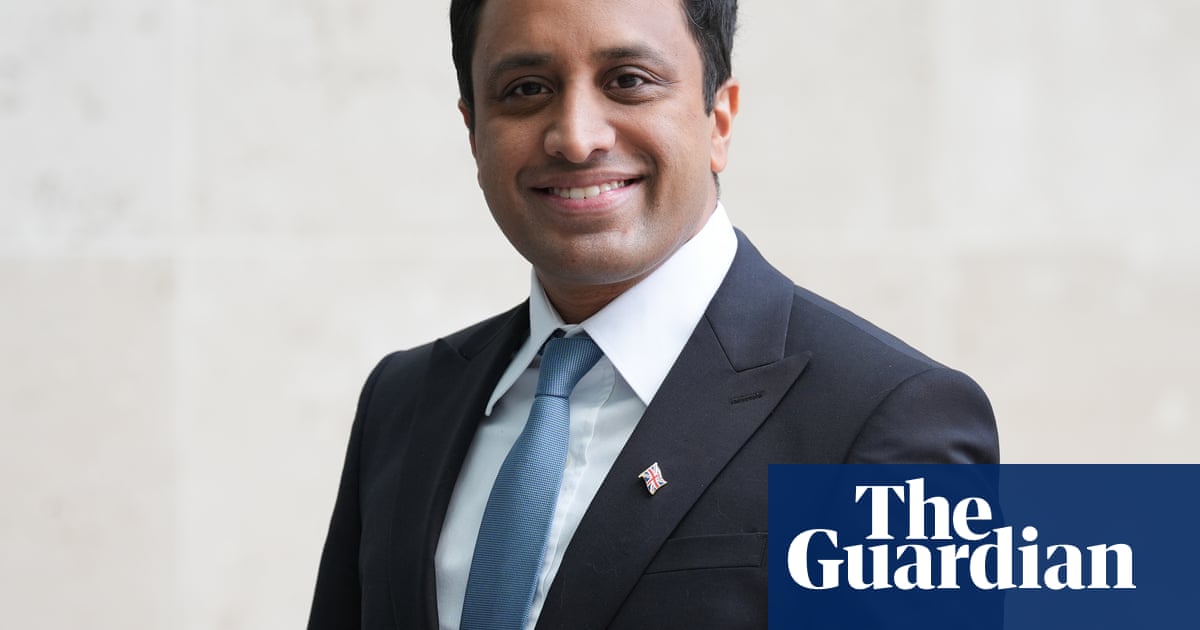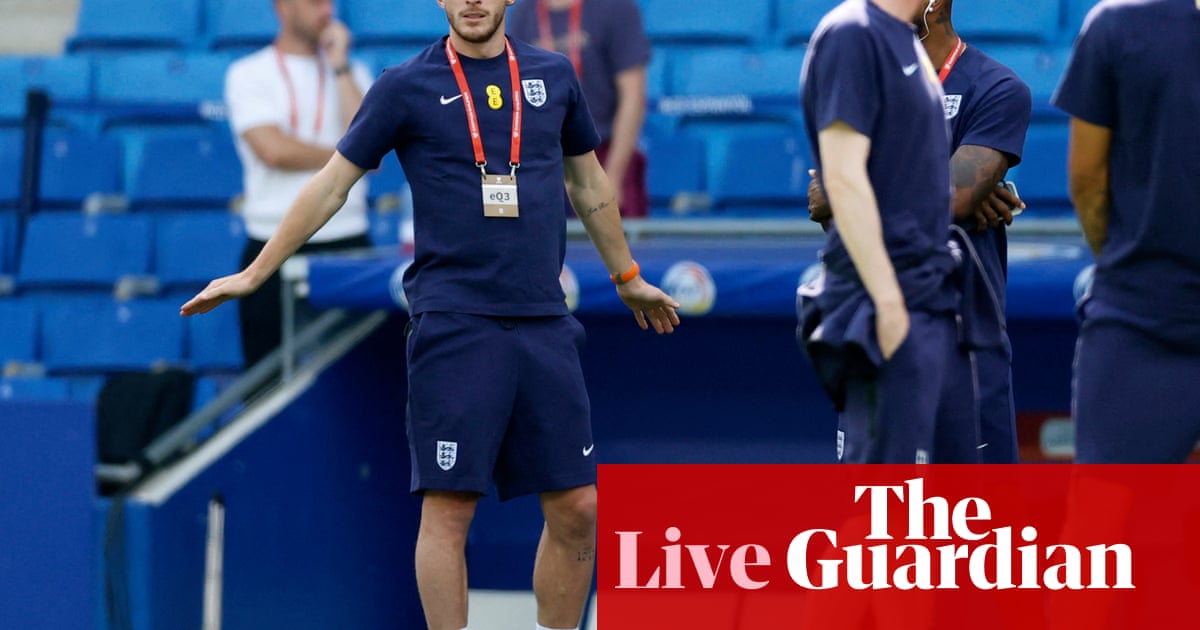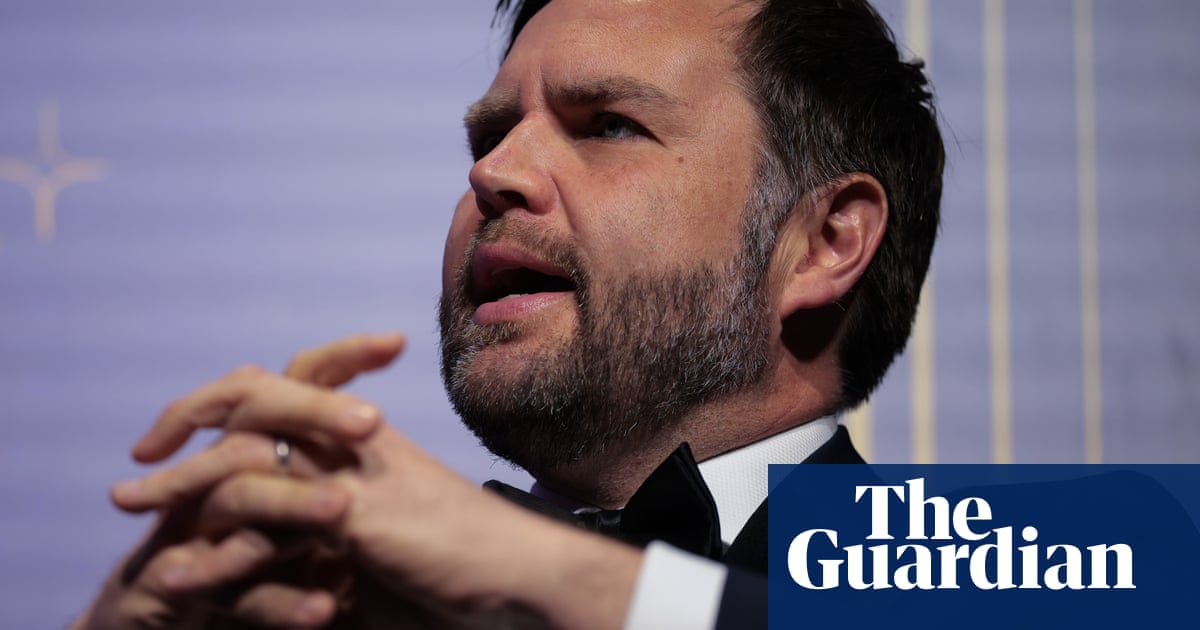Morning opening: All eyes on Ukraine

Jakub Krupa
After yesterday’s meeting on artificial intelligence, the focus now swiftly moves on to Ukraine.

Ahead of the Munich Security Conference starting on Friday, European leaders seem to be increasingly anxious about what’s next for Ukraine ahead of the third anniversary of full-scale aggression by Russia amid repeated suggestions that the new US administration wants to end the war as soon as possible.
US president Donald Trump once again suggested overnight that some progress is being made through backchannel negotiations.
Commenting on the release of Marc Fogel, the American teacher freed from a Russian prison, he hinted that his return could advance negotiations to end the war. “We were treated very nicely by Russia, actually. I hope that’s the beginning of a relationship where we can end that war,” he said.
As my colleague Pjotr Sauer notes, Russia’s latest engagement with the US will set off alarm bells in Kyiv, where the Ukrainian president, Volodymyr Zelenskyy, must navigate the new reality of a US administration that has opened dialogue with Moscow while at times displaying open hostility toward Ukraine.
In an interview with Fox News broadcast on Monday, Trump suggested that Ukraine “may be Russian some day”, just days before his vice-president JD Vance gears up to meet Zelenskyy, later this week in Munich.
Speaking to the Guardian, Zelenskyy warned that Europe cannot guarantee Ukraine’s security without America as he sought to make a business case for helping Kyiv by suggesting opportunities for US companies in the reconstruction of postwar Ukraine and in the extraction of Ukrainian natural resources.
Today, EU foreign ministers from France, Germany, Poland, Spain and Italy will meet in Paris to discuss their plans and security guarantees for Kyiv ahead of Munich. They will be joined by senior EU commissioners, Ukraine’s foreign minister Andrii Sybiha and UK’s David Lammy.
A separate high-level meeting will take place in Brussels in the so-called Rammstein format, attended by US defence secretary Pete Hegseth. Nato defence ministers are meeting tomorrow.
The scramble comes also after a new Danish intelligence report warned about the prospect of Russia launching a large-scale war against European members of Nato within five years, if the US no longer offers its support. It’s two years before it poses a credible threat to one or more members in the Baltic sea region, it added.
Overnight, Ukraine was attacked by Russia, again, with Zelenskyy posting on social media what can only be read in this context as a call for action and unity:
This Russian terror against Ukraine will not stop on its own.
Putin is not preparing for peace – he continues to kill Ukrainians and destroy cities.
Only strong actions and pressure on Russia can put an end to this terror. Right now, we need the unity and support of all our partners in the fight for a just end to this war.

It’s Wednesday, 12 February 2025, and this is Europe live. It’s Jakub Krupa here.
Good morning.
Key events Show key events only Please turn on JavaScript to use this feature
US defence secretary Hegseth meeting with UK's Healey
In the opening, I mentioned a Brussels meeting of the Ukraine Defence Support Group, chaired today by the UK.
US defence secretary Pete Hegseth has just met with his British counterpart, John Healey, at the start of their talks today.

Trump's US merely a 'necessary partner,' less a true ally, Europeans say

Donald Trump’s return to the White House has sparked a “remarkable shift” in Europeans’ view of the US, according to a survey, with even the most America-friendly no longer seeing Washington primarily as an ally.
The polling, of 11 EU member states plus Ukraine, Switzerland and the UK, found most people now regard the US as merely a “necessary partner” – even in countries such as Poland and Denmark that barely 18 months ago had considered the US an ally.
An average of 50% of Europeans across the member states surveyed view the US this way, the study revealed, with an average of only 21% seeing it as an ally, leading the report’s authors to urge a more “realistic, transactional” EU approach.
Jon Henley has the full story.
Morning opening: All eyes on Ukraine

Jakub Krupa
After yesterday’s meeting on artificial intelligence, the focus now swiftly moves on to Ukraine.

Ahead of the Munich Security Conference starting on Friday, European leaders seem to be increasingly anxious about what’s next for Ukraine ahead of the third anniversary of full-scale aggression by Russia amid repeated suggestions that the new US administration wants to end the war as soon as possible.
US president Donald Trump once again suggested overnight that some progress is being made through backchannel negotiations.
Commenting on the release of Marc Fogel, the American teacher freed from a Russian prison, he hinted that his return could advance negotiations to end the war. “We were treated very nicely by Russia, actually. I hope that’s the beginning of a relationship where we can end that war,” he said.
As my colleague Pjotr Sauer notes, Russia’s latest engagement with the US will set off alarm bells in Kyiv, where the Ukrainian president, Volodymyr Zelenskyy, must navigate the new reality of a US administration that has opened dialogue with Moscow while at times displaying open hostility toward Ukraine.
In an interview with Fox News broadcast on Monday, Trump suggested that Ukraine “may be Russian some day”, just days before his vice-president JD Vance gears up to meet Zelenskyy, later this week in Munich.
Speaking to the Guardian, Zelenskyy warned that Europe cannot guarantee Ukraine’s security without America as he sought to make a business case for helping Kyiv by suggesting opportunities for US companies in the reconstruction of postwar Ukraine and in the extraction of Ukrainian natural resources.
Today, EU foreign ministers from France, Germany, Poland, Spain and Italy will meet in Paris to discuss their plans and security guarantees for Kyiv ahead of Munich. They will be joined by senior EU commissioners, Ukraine’s foreign minister Andrii Sybiha and UK’s David Lammy.
A separate high-level meeting will take place in Brussels in the so-called Rammstein format, attended by US defence secretary Pete Hegseth. Nato defence ministers are meeting tomorrow.
The scramble comes also after a new Danish intelligence report warned about the prospect of Russia launching a large-scale war against European members of Nato within five years, if the US no longer offers its support. It’s two years before it poses a credible threat to one or more members in the Baltic sea region, it added.
Overnight, Ukraine was attacked by Russia, again, with Zelenskyy posting on social media what can only be read in this context as a call for action and unity:
This Russian terror against Ukraine will not stop on its own.
Putin is not preparing for peace – he continues to kill Ukrainians and destroy cities.
Only strong actions and pressure on Russia can put an end to this terror. Right now, we need the unity and support of all our partners in the fight for a just end to this war.

It’s Wednesday, 12 February 2025, and this is Europe live. It’s Jakub Krupa here.
Good morning.

 3 months ago
59
3 months ago
59
